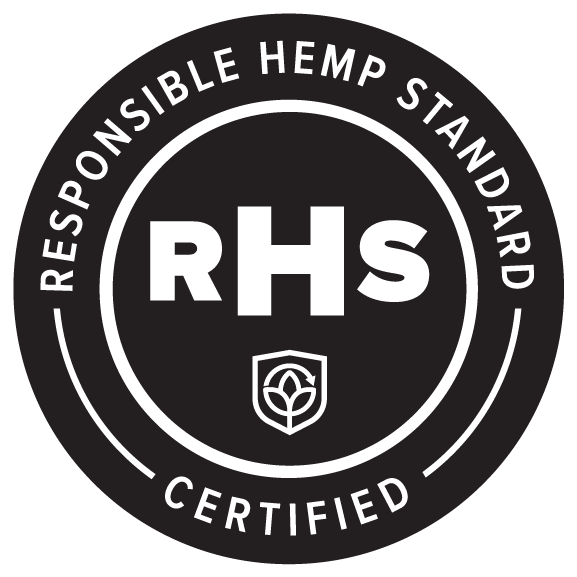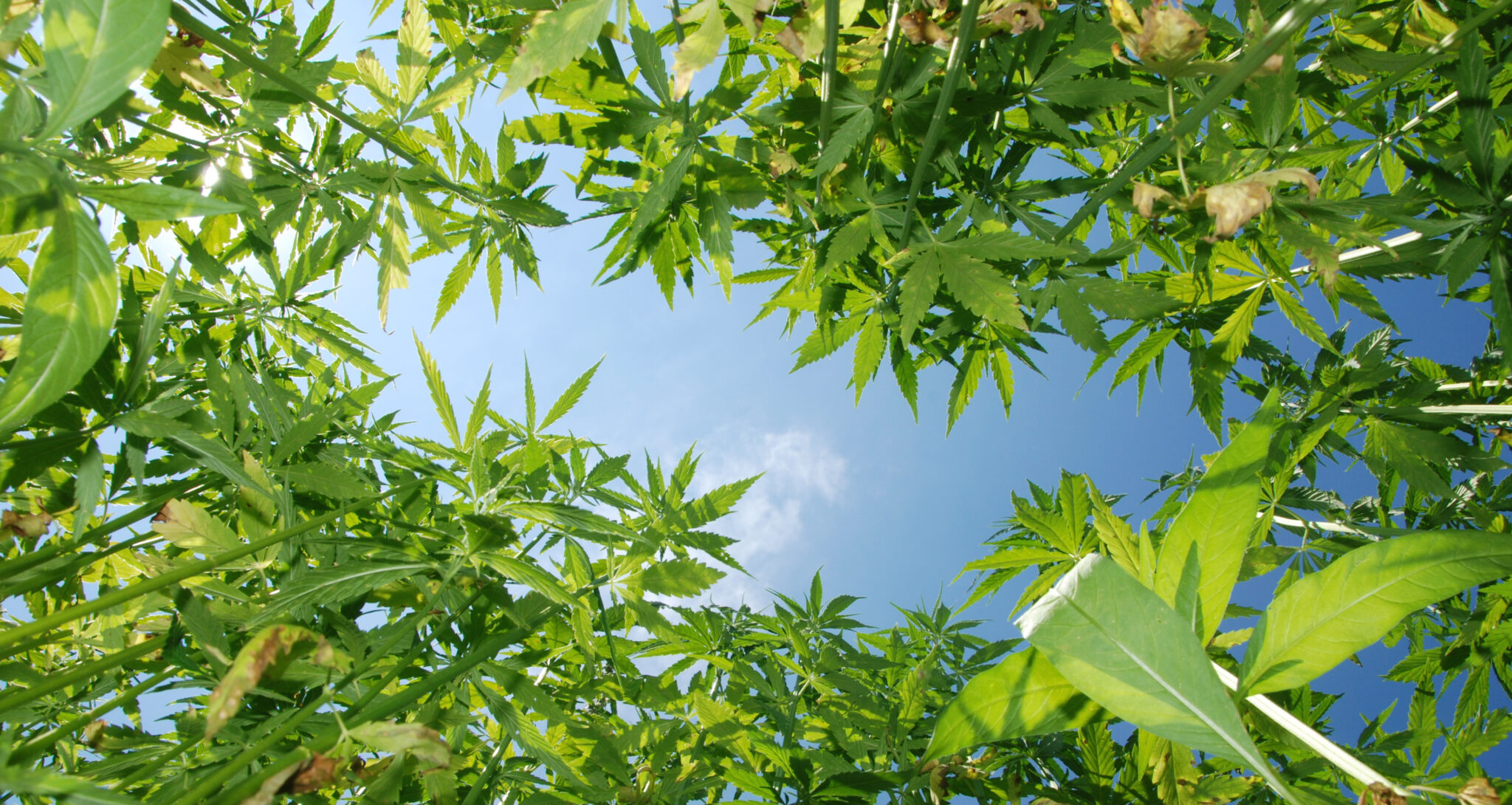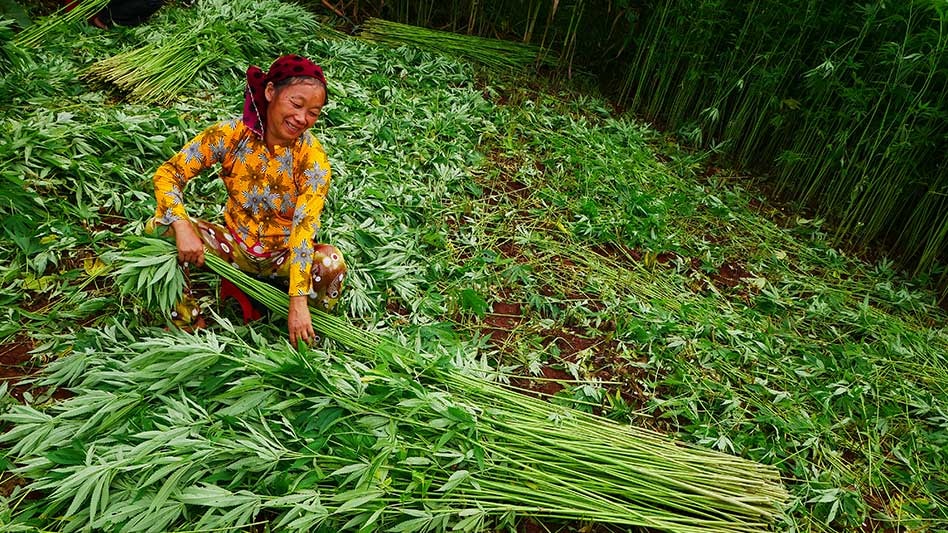
RHS – Responsible Hemp Standard
Control Union’s Responsible Hemp Standard redefines the global hemp industry by championing the advancement of the modern industrial hemp industry, whether its certified hemp fiber destined for the garment industry, cellulose for commercial product development or primary or secondary non-direct ingredients for the pharmaceutical industry or health and wellness.

Responsible Hemp Standard (RHS)
About the standard
Developed by the hemp industry, for the hemp industry, this network-driven approach unites farms, businesses, and partners, enhancing traceability, social compliance, sustainability and regenerative agricultural practices within a certified hemp supply chain.
At its core, the Responsible Hemp Standard is a first-of-its-kind initiative in the agricultural sector, aimed at promoting responsible practices and ensuring the sustainable production of hemp-based products. The standard encompasses various sectors, including woven, non-woven, food, and feed, each with its own specific chain of custody models designed to address sector-specific requirements. RHS was crafted to elevate the global hemp industry through elevated traceability and transparency, anchored in sustainable farming practices, regenerative agricultural methodology, and social compliance.
The power behind this network-driven voluntary certification model lies in the collaboration and collective action of stakeholders across the supply chain. By joining forces, hemp farms, businesses, and other actors create a cohesive network that supports the implementation and enforcement of sustainability standards.
Forward-thinking hemp supply chains
The Responsible Hemp Standard (RHS) represents a comprehensive framework that covers a spectrum of crucial areas vital for participating farms. The program’s unique emphasis on these core facets empowers farms to flourish within a certified and forward-thinking hemp supply chain, harmonized with industry-wide sustainability norms and market requisites. RHS’s dedication to sustainability underscores environmental and social responsibility, while Crop Management provides guidance for optimal cultivation practices. From the meticulous execution of Harvesting methods to the observance of Processing guidelines, correct approaches are maintained.



How can we help you?
Are you looking for a certain service, do you have any questions or do you want to apply for the certification program? Let us know. Our Hemp team is glad to help you.